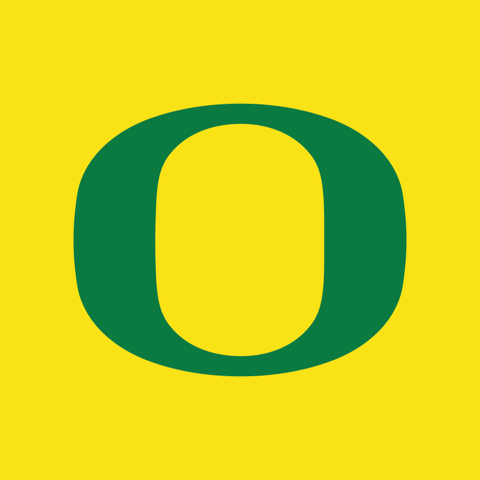By Aaron Heisen, University of Oregon SOJC Track Bureau
Michael Norman rarely allows his emotions to creep into his celebrations.
After winning the Prefontaine Classic in May, he flashed a peace sign to the camera. When he won the U.S. Championship in June, he slightly raised his hands to the sky as he crossed the finish line.
While those wins were important to his season, nothing would compare to winning his first medal on the global stage — an accolade that had evaded him throughout the early parts of his professional career.
On Friday, after he won the 400-meter final at the World Athletics Championships, Norman flashed a wide grin and shared a long embrace with his friend and training partner, 400 hurdles silver medalist Rai Benjamin.
Norman ran the 400 in 44.29 seconds, Grenada’s Kirani James finished second in 44.48 seconds and Great Britain’s Matthew Hudson-Smith won bronze, finishing in 44.66 seconds.
James has enjoyed sustained success in the form of three Olympic medals and four World Championships medals. However, for Norman, the win marked the culmination of enduring losses on the global stage and learning from them during strenuous practice sessions with his coach, Quincy Watts. And Hudson-Smith was rewarded with his first medal after a strain of three years where he struggled with mental health and his living situation.
In Norman’s first professional competition on the global stage, the World Championships in Doha, he didn’t even qualify for the final. At the Tokyo Olympic Games, he finished fifth.
“Doha was kind of just a welcome to the pro leagues,” Norman said. “But Tokyo was just a slap in the face. That one really stung. I probably went through every emotion from that final up until January.”
While failing to medal in Tokyo hurt, it also helped push Norman to reach the podium at these world championships. He also drew motivation from watching his fellow Americans sweep the 100-meter final.
“On day two, men’s 100 set the tone,” Norman said. “I think everybody just kind of fed off that energy and we just kind of propelled from there.”
The top three finishers on Friday mimicked the order from the Prefontaine Classic. But Hudson-Smith’s World Championships medal meant much more than that third-place finish two months before. After the race, he opened up about the hardships that he coped with while getting to this stage.
“These last few years have been absolute hell,” Hudson-Smith said. “In 2019, I tore my achilles and my hamstring. 2020 was COVID, which brought on mental health issues in 2021. Not a lot of people know this, but I literally attempted suicide.”
Those injuries came shortly after he won the 400-meter final at the 2018 European Championships. Hudson-Smith was trying to build on his success, so he decided to race through injuries. He was living in the United States with his girlfriend and couldn’t travel back to England because of COVID. He tried to get a green card, but it got denied. Ultimately, he found himself in a huge debt because he didn’t have American health insurance.
In 2022, he began to lean on his support system, and it helped him return to a consistent form.
“Everyone who’s been around me, from my agent, to my coach, family, girlfriend, have not given up on me,” Hudson-Smith said. “Now, I got a medal.”
While Hudson-Smith earned a bronze medal, he challenged Norman throughout the competition.
In the semifinal rounds, they faced off in the first heat. Hudson-Smith led Norman through the first 300 meters, but Norman’s finishing sprint pushed him .08 ahead.
In the final, Hudson-Smith dropped behind Norman early in the race and had to make up the ground on the fourth-place finisher, Champion Allison, through the final stretch.
Norman, on the other hand, was in control of the race through the first 200 before James took a slight lead through the final turn. Norman had to overcome one final obstacle to reach his goal.
As James came up on his left shoulder, Norman’s mind drifted back to his late-night training sessions with Watts. One piece of advice that Watts consistently gave him, Norman said, was “to dig deep.”
Before Friday’s race, Norman had cut off communication with everyone apart from Watts, who had reminded him of that advice once again.
“He gave me three things to think about before the race,” Norman said. “One of them was to dig deep. That was the biggest reminder that I had going into the homestretch. I felt the energy of the crowd and just dug deep.”




















